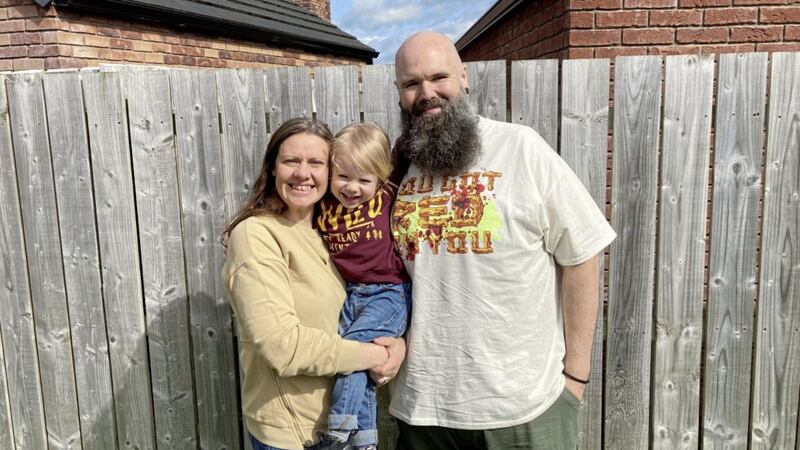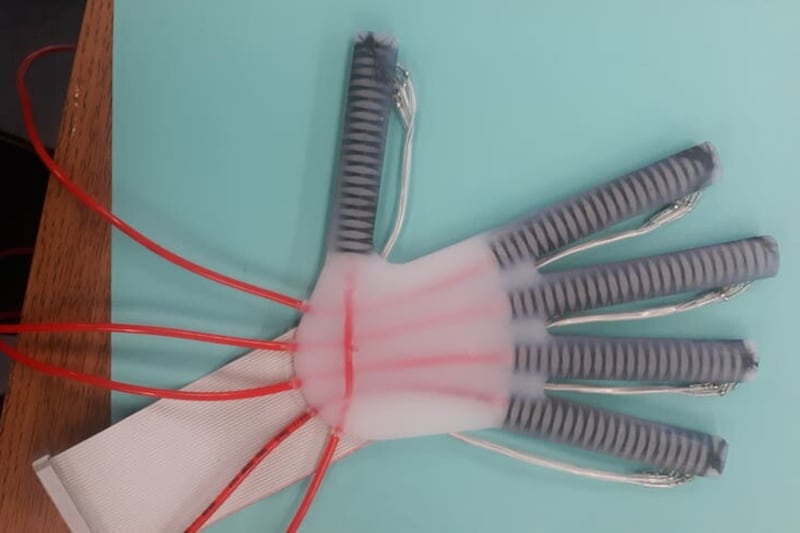HALF of the Northern Ireland public are unaware that stroke is one of the biggest killers in the UK, according to new research.
Findings from a Stroke Association survey also reveals that almost a fifth of people underestimate the impact of stroke.
Respondents were asked to rank health conditions in order of the leading causes of death with 51 per cent of people placing stroke below its actual position as the fourth biggest killer.
The findings are revealed as the charity calls for vital support to fund more research into the devastating condition.
There are more than 39,000 stroke survivors in the north, with over 50 per cent dependent on others for everyday activities.
Despite the devastating impact of the condition, stroke research is chronically underfunded and receives less funding than other health conditions that have similar life-long effects.
Co Down man Paul McLean (46) suffered a stroke in 2016 and still experiences side effects, including extreme fatigue and aphasia, difficulties with communication.
"At first I couldn’t really speak at all," he said.
"I had a few words and could say my name but that was about it. It was really scary. It was all very confusing and my brain wasn’t able to function properly.
"It took me a long time to process what had happened. Back at the start the thought of not being able to chat to my wife or friends again was terrifying.
"Slowly but surely more words came back but it’s taken a long time and I’m still relearning some words and phrases.
"I’ve had to teach myself how to read again by listening to audio books and reading along."
Dr Niamh Kennedy, lecturer at Ulster University, has carried out research for four years, talking to hundreds of stroke survivors, families and healthcare professionals working in stroke across Northern Ireland.
"From this it can be seen that although aspects of our hospital care is considered to be very good, there is a great need for better long-term support after stroke," she said.
"Stroke survivors report feeling abandoned when they leave hospital, with families left to deal with the lifelong effects of stroke without adequate support or treatment.
"We need to adequately fund stroke research to help us to save lives, reduce disability and provide the best long-term support after stroke.
"Stroke research can not only help us reduce the number of strokes and help prevent disability after a stroke, but can also help us understand how best to support the over 39,000 stroke survivors in Northern Ireland.
"Stroke research has led to recent medical developments that have had a real life impact on individuals, including reducing the impairments following stroke, enhancing recovery using evidence-based rehabilitation and improving the quality of life of stroke survivors.
"Stroke is one of the most common health conditions, yet receives a disproportionately small amount of research funding. This lack of funding is preventing further innovation and improvement in stroke care."
Alasdair O’Hara from the Stroke Association, added: "Despite stroke still being the fourth biggest killer in the UK, research has helped to more than halve the rate of deaths from stroke over the last three decades.
"It’s absolutely crucial that we continue this progress, but we can’t do this without vital funding."








